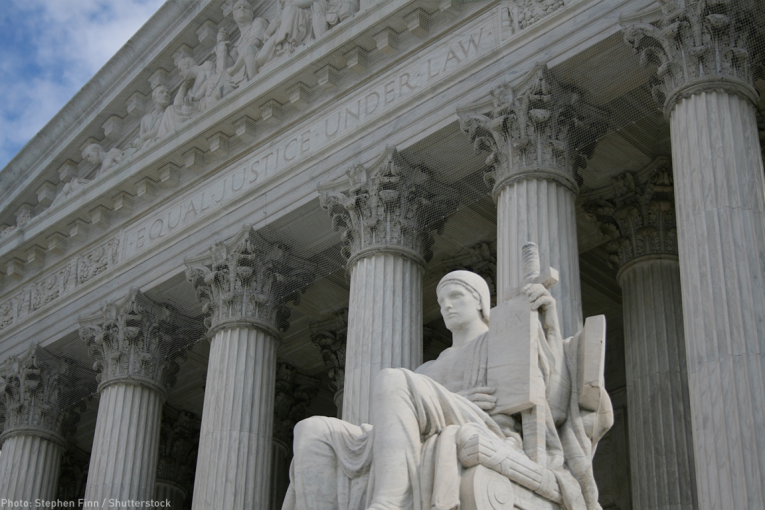

By Marcia Barajas and Genesis Guzman
WASHINGTON DC – The U.S. Supreme Court ruled against a defendant this past week on a technical legal issue—but apart from the legal argument, the most interesting items are the almost superhuman senses claimed by law enforcement.
The U.S. Supreme Court, on an 8-1 ruling, reversed the U.S. Court of Appeals for the 4th Circuit’s ruling, holding that in felon-in-possession cases, “a Rehaif error is not a basis for plain-error relief unless the defendant first makes a sufficient argument or representation on appeal that they would have presented evidence at trial that they did not in fact know that they were a felon.”
In short, it meant that defendants can’t charge court error unless they make certain claims. In this case, Michael Gary did not.
In 2017, according to accounts, Gary was arrested twice for felony possession of a firearm by an individual convicted of a felony. Gary was indicted in federal district court for the offenses under Title 18 of the United States Code and he pled guilty.
During his plea hearing, Gary was not informed by his legal counsel that an additional element of the offense was that he possessed the firearm while knowing he had prohibited status for doing  so, as is required based on the Supreme Court’s decision in Rehaif v. United States.
so, as is required based on the Supreme Court’s decision in Rehaif v. United States.
Gary appealed his sentence to the 4th Circuit and the court vacated his plea and convictions. The United States petitioned the court for a rehearing and the 4th Circuit denied the request. The Supreme Court sent the case back to the 4th.
But here’s where officers’ superhuman senses are highlighted.
In the case, an officer testified of smelling marijuana from a driving vehicle while on patrol. The marijuana was in two small ziplock bags, located under the front seat of the defendant’s car. There is no definitive answer whether the windows of either party were rolled down during the incident.
Although the officer does not have heightened olfactory receptors, he claims that he smelled burnt marijuana coming from the vehicle. According to the court, the officer’s testimony is “incredible,” but is contrary to reason because it would be difficult to smell a substance from another moving vehicle.
In a similar case, People V. Diaz, [Officer Diaz] testified having seen the defendant eight to 10 feet away hand a Hispanic male a plastic heat sealed vial with a dark top in exchange for money. Diaz approached the man and patted him down.
During cross-examination, defense counsel confronted Diaz with the fact that the distance was much greater than which he allegedly observed. At trial, Diaz admitted the actual distance from the scene was 60 feet, plus “two lanes of traffic, rather than eight to 10 feet.”
The court granted Gray’s motion to dismiss Officer Hisner’s testimony because of its lack of plausibility. The court called it a matter “contrary to the laws of nature, noting it would have been impossible for the officer to smell the marijuana from a sealed baggie under the seat of the defendant’s moving vehicle while still in his own car.
The court did support that the scent of marijuana was a probable cause for a Terry stop based on past appellate cases. However, the cases also stated that the proximity of the officers to marijuana and the amount marijuana that is in possession must be considered.
The court referred to the case, People v. Health (1995), where an arresting officer testified that they had seen the defendant exchange a small two-inch vial from a distance of 74 feet, from not only a moving car but after dark.
The case was appealed by the defendant for the discrepancies that were found in the witness’s testimony. Cf. People v. Heath, 214 A.D.2d 519, 520-21, 625 N.Y.S.2d 540, 541 (1995).
Another case that showed similar discrepancies was the one of People v. Lebron (1992) where “the officer claimed that, from the distance of a foot, he was able to see into the defendant’s six or seven-inch-deep pocket…and observe a metal object.”
In People v. Lebron, 184 A.D.2d 784, 787 (N.Y. App. Div. 1992), the defendant’s right to unreasonable search was proposed to have been violated and the case was sent to retrial.

